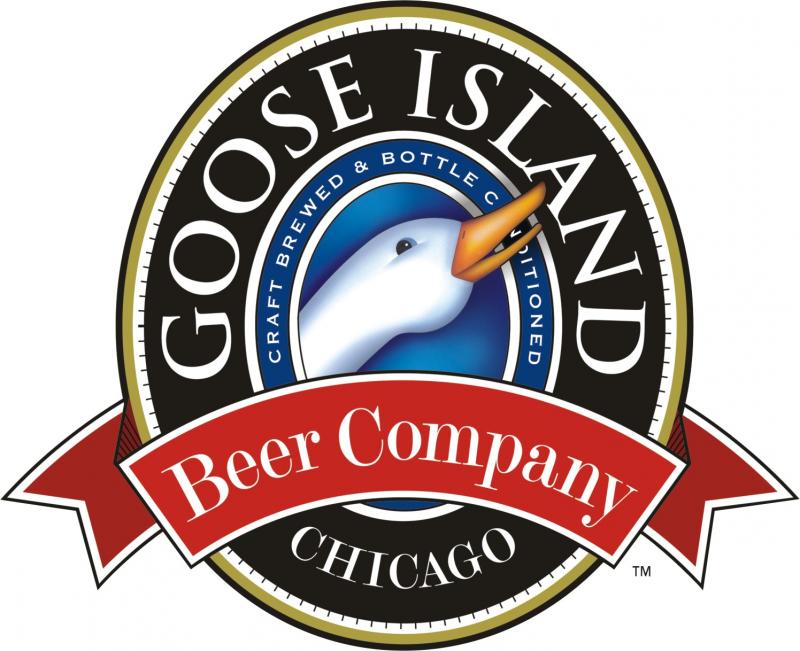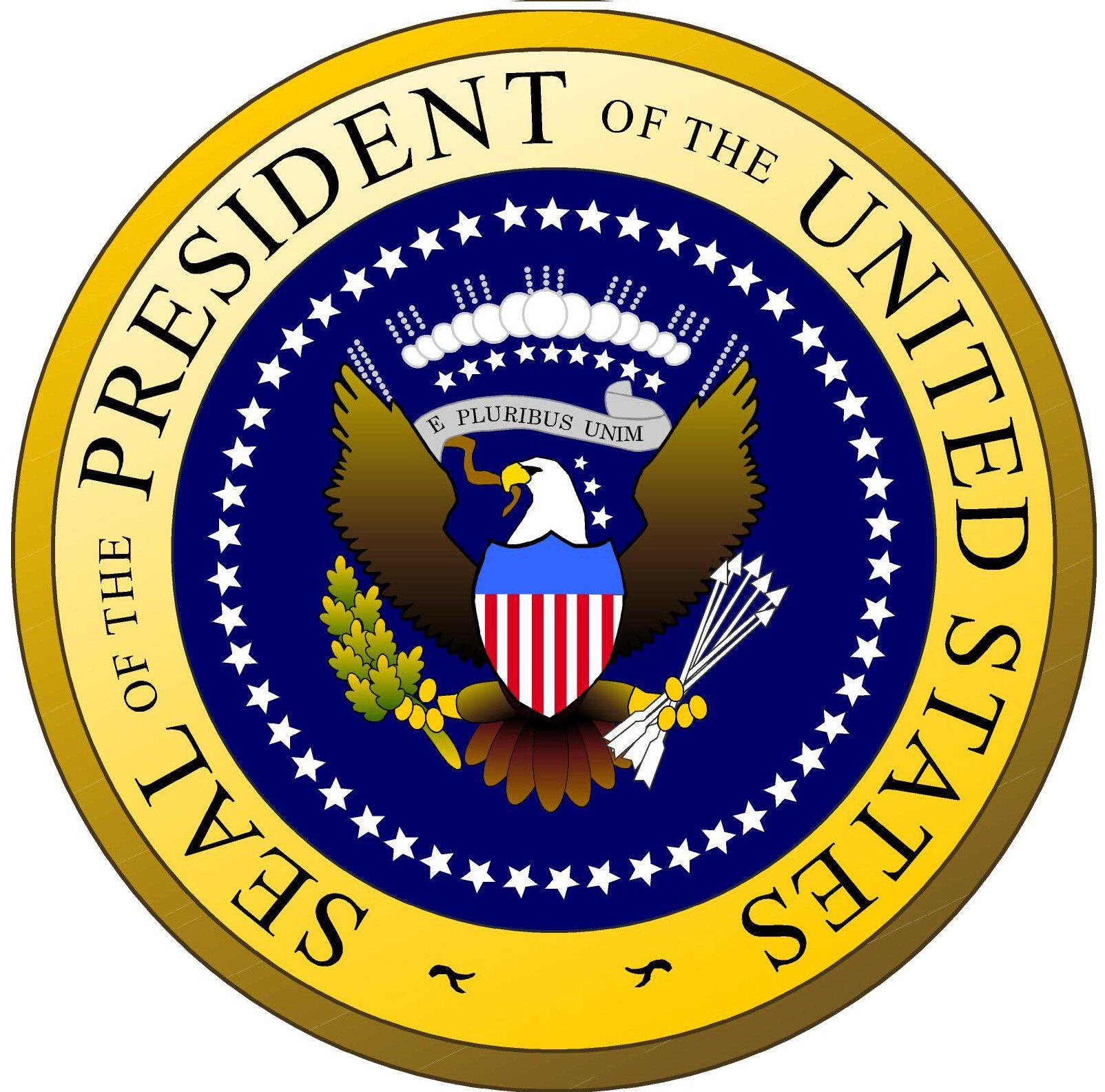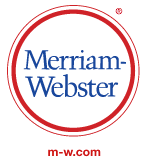
Last year Anheuser Busch (InBev) bought Goose Island, a Chicago based craft brewery. Using typical big beer methods, it was easier to buy an existing product with an established, dedicated following than it would be to develop something in-house (i.e. Bud Platinum). AB paid $38.8 million dollars for the deal. Now, it an effort to further dominate as many markets as they can, AB will start distributing the Goose Island beers to all 50 states. Back in 2000 Goose Island could only be found in the Chicago area.
Goose Island will be available in all 50 states by the end of November, placing it alongside Sam Adams and Sierra Nevada as craft brands with national footprints — even if Goose will produce significantly less beer than those larger breweries, at least for now.
The move will continue remarkable growth for what began as a small brewpub in its current Clybourn Avenue location in 1988, and has arguably become the beer most synonymous with Chicago. But a national reach also seemed inevitable once brewery founder John Hall sold the company to AB at a time when craft beer sales were soaring and macro breweries were struggling to enter the marketplace.
Goose’s Chicago brewery on Fulton Street will continue to be the sole source of the company’s higher-end brands, like Bourbon County Brand Stout, Sofie and Matilda. There are no plans to export production of such beers to AB facilities, Goose Island said.
I’m not surprised about that last sentence. Why would AB brew more of one brand of craft beer when they could just buy a completely different craft beer to help push the small guy out of the market. Goose Island may have once been a beer only available in Chicago, but now that they have joined the ranks of big beer, they’re also big beer, no matter how small they stay.
Source: http://www.chicagotribune.com/













Follow Us!